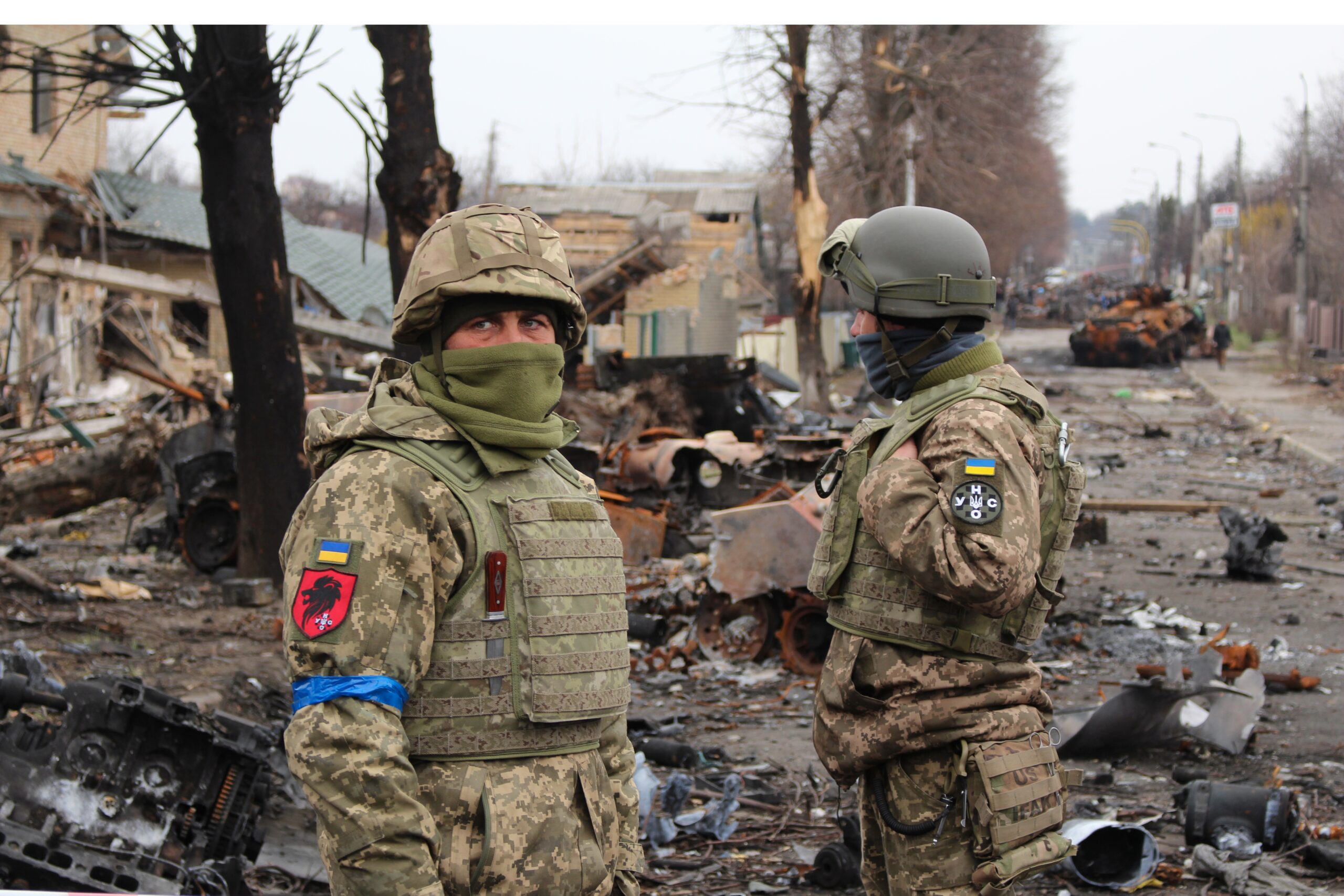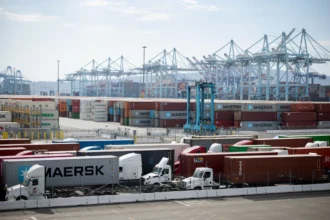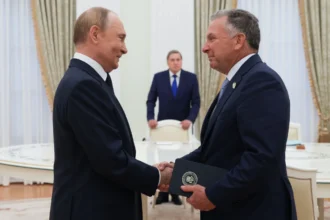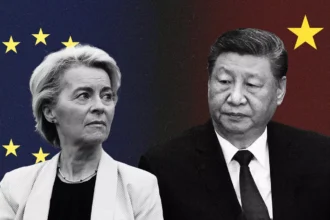Russia is offering its flagship Urals crude oil to China at steep discounts as it seeks to secure stable buyers and maintain export revenues in the face of Western sanctions and a reconfigured global energy market. The move underscores the deepening energy partnership between Moscow and Beijing, while also highlighting Russia’s strategic pivot toward Asia in response to the geopolitical fallout from its war in Ukraine.
Why the Discount?
Following the imposition of EU bans and G7 price caps on Russian oil in late 2022, Moscow has been forced to redirect its crude exports away from traditional European markets. Urals crude, once a staple for European refiners, has been heavily discounted to appeal to buyers in Asia — particularly China and India, the world’s two fastest-growing oil importers.
China, which has become a lifeline for Russian energy exports, is now being offered Urals crude at prices well below global benchmarks, sometimes $15–$20 per barrel cheaper than Brent. These discounts account for increased shipping distances, sanctions-related insurance costs, and the urgency to keep Russian oil flowing despite restricted market access.
The China-Russia Energy Relationship
China is already the largest single buyer of Russian crude, importing millions of barrels per month through both overland pipelines and seaborne shipments. The Eastern Siberia–Pacific Ocean (ESPO) pipeline supplies high-quality crude directly to northeastern China, while Urals crude is shipped by sea from Russian ports on the Baltic and Black Seas.
Discounted Urals barrels give Chinese refiners a cost advantage, especially in producing diesel and other refined products for export. This also allows China to increase its strategic oil reserves at bargain prices, strengthening its energy security while benefitting from Russia’s geopolitical predicament.
Implications for the Global Oil Market
Russia’s discounted sales to China have multiple ripple effects:
- Price Pressure: Deep discounts on Urals crude put competitive pressure on Middle Eastern suppliers like Saudi Arabia, forcing them to adjust pricing strategies for Asian markets.
- Refinery Margins: Chinese refiners enjoy higher profit margins thanks to cheaper feedstock, boosting their competitiveness in the global fuel export market.
- Geopolitical Alignment: Energy trade further cements the growing strategic alignment between Moscow and Beijing, complicating U.S. and European diplomatic efforts to isolate Russia.
India’s Role and Market Competition
India has also been a major beneficiary of discounted Russian oil, often competing directly with China for cargoes. However, China’s proximity and existing infrastructure give it an edge in securing long-term supply deals. Russian sellers are reportedly offering even deeper discounts for long-term contracts with Chinese state-owned refiners, ensuring consistent demand despite market fluctuations.
Western Response and Sanctions Evasion
The G7’s $60 per barrel price cap was designed to limit Russia’s oil revenues without triggering a global supply shock. However, discounted sales to countries outside the sanctions coalition — like China — have allowed Moscow to keep its oil exports relatively stable.
Analysts note that Russia has increasingly relied on a “shadow fleet” of older tankers operating outside Western insurance systems to deliver crude to Asia. These shipments often involve complex transshipment operations to obscure the origin of the oil, further complicating enforcement of sanctions.
Long-Term Risks and Opportunities
While discounted pricing secures short-term buyers, it also reduces Russia’s per-barrel revenue, forcing the Kremlin to increase export volumes to compensate. This raises questions about the sustainability of Russia’s oil sector, particularly if production costs rise or infrastructure ages without Western investment.
For China, the arrangement offers significant economic advantages, but it also deepens dependency on Russian energy supplies. Should geopolitical tensions shift, this reliance could become a strategic vulnerability.
Conclusion
Russia’s decision to offer discounted Urals crude to China reflects both necessity and opportunity. For Moscow, it is a way to maintain cash flow and find reliable markets amid sanctions. For Beijing, it is an energy windfall that strengthens its refining industry and strategic reserves.
Yet the arrangement also accelerates the realignment of global energy trade, shifting influence from traditional Western-dominated markets toward a more Asia-centric system. As sanctions persist and geopolitical rivalries intensify, discounted Russian crude could remain a defining feature of the oil market for years to come.














